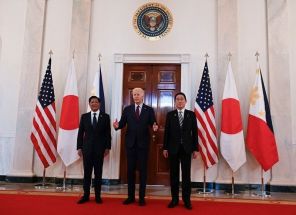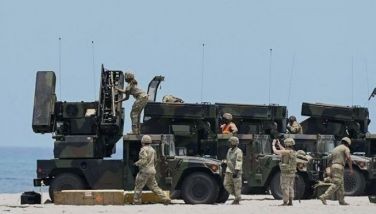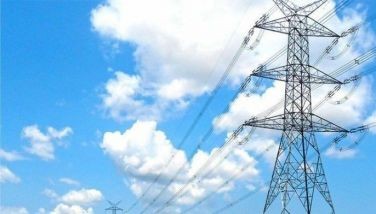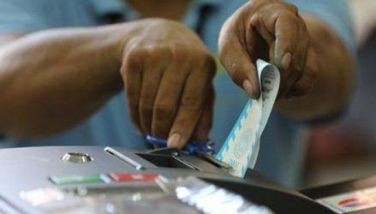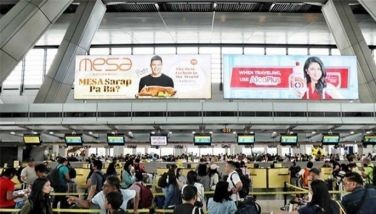NEDA: Hard lockdown to cost economy P210 billion
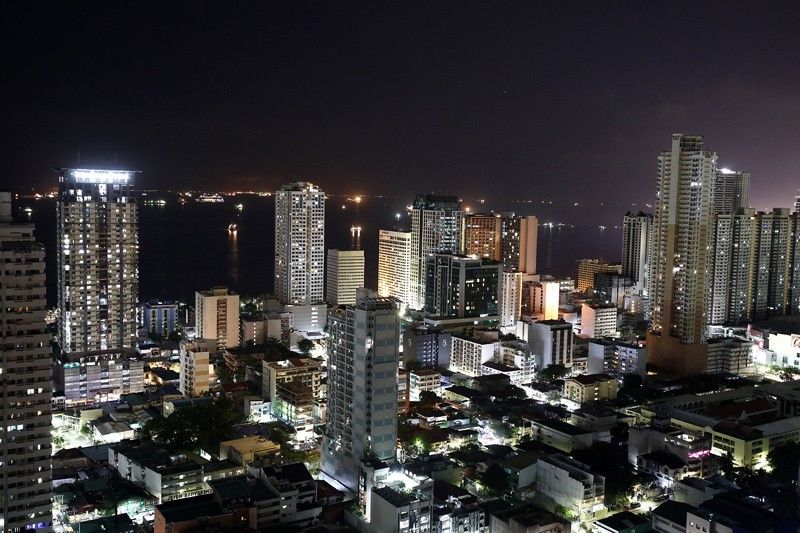
MANILA, Philippines — The economy will lose at least P210 billion, further dimming the country’s already dark path to recovery, as the capital returns to the strictest lockdown next week to prevent widespread transmission of the Delta variant and collapsing the health care system.
Socioeconomic Planning Secretary Karl Chua said the economy is seen to bleed hundreds of billions of pesos and increase the number of poor and unemployed Filipinos as a result of the government’s decision yesterday to place Metro Manila under enhanced community quarantine (ECQ) from Aug. 6 to 20.
“Each week of ECQ in the National Capital Region will cost the economy P105 billion,” said Chua, noting that the NCR is where the bulk of the country’s economic activity is centered.
“It will also increase poor people by up to 177,000 and 444,000 more without jobs,” he said.
At present, the capital is under general community quarantine (GCQ) with heightened restrictions.
But putting Metro Manila under ECQ will put a halt to some 40 percent of the country’s economic activities as businesses and services are forced to temporarily stop operations for two weeks, Chua said.
He said the economic impact can be partly reversed if the lockdowns will be properly used to accelerate vaccination of Filipinos, especially in high-risk areas.
“This way, the ECQ will be an investment to pave the way for a recovery once we control the Delta spread. Cash aid will also mitigate the impact,” he said.
The Foundation for Economic Freedom (FEF) emphasized that the country has no choice but to go on ECQ for the nth time as the Delta variant is threatening to overwhelm the health care capacity as it did in neighboring Indonesia, Malaysia, Thailand and Vietnam.
FEF president Calixto Chikiamco said it is better to have the ECQ now when the virus has yet to spread at a faster pace than have it before the Christmas season when demand and consumption are high.
“If done early, the two weeks may be enough. Vaccination should be ramped up during this time to contain the variant spread,” Chikiamco said in a text message.
As to the impact on the country’s much-needed recovery, ING Bank senior economist Nicholas Mapa said the lockdown will directly hit economic engines as it hinders household spending while mobility curbs will likely shackle the troubled services sector and constrain overall industrial activity.
Mapa said the latest round of ECQ will force would-be investors to rethink their plans as lockdowns appear to be the blunt weapon of choice to deal with the crisis, despite authorities repeatedly vowing to never resort to such measures.
Michael Ricafort, chief economist at Rizal Commercial Banking Corp., noted that the two-week ECQ could be more or less 0.5 percent of GDP per week.
Ricafort said this can be partly mitigated as August is considered a “ghost month” when economic and business activities are relatively less. The Chinese “ghost month” starts on Aug. 8.
“Still, it would definitely slow down economic recovery prospects in terms of reduced production, income and wages, especially for the hardest-hit businesses and the most vulnerable sectors,” he said.
United effort?
In Congress, Sen. Bong Go expressed confidence that the country is better prepared to confront the threat of the Delta variant and urged all government agencies and the general public to help meet the goals of the scheduled ECQ.?The chairman of the Senate committee on health stressed that the lives and welfare of Filipinos have always been the main consideration in the government’s decisions, which is why the Inter-Agency Task Force for the Management of Emerging Infectious Diseases (IATF) decided on reverting to a lockdown.
“I appeal to government agencies to make sure that there are enough funds for assistance to the poorest of the poor and those most in need living in areas under ECQ,” Go said in Filipino.
Aside from the imposition of ECQ, authorities should also tighten border controls and travel restrictions from high-risk countries, improve contact tracing and genome sequencing, strengthen the capability of healthcare facilities and, most of all, speed up the vaccination, Go said.
“Let’s not waste the favorable rollout of the vaccines. Like the President said, we would have eased restrictions if you’re protected with vaccines,” he said. – Paolo Romero, Rhodina Villanueva
- Latest
- Trending























